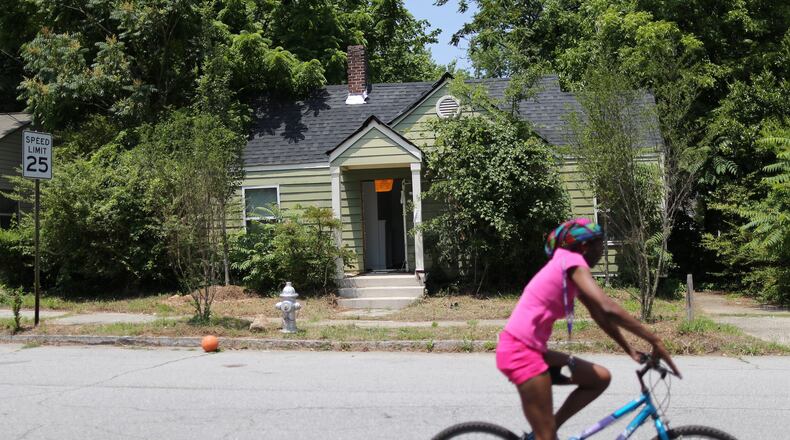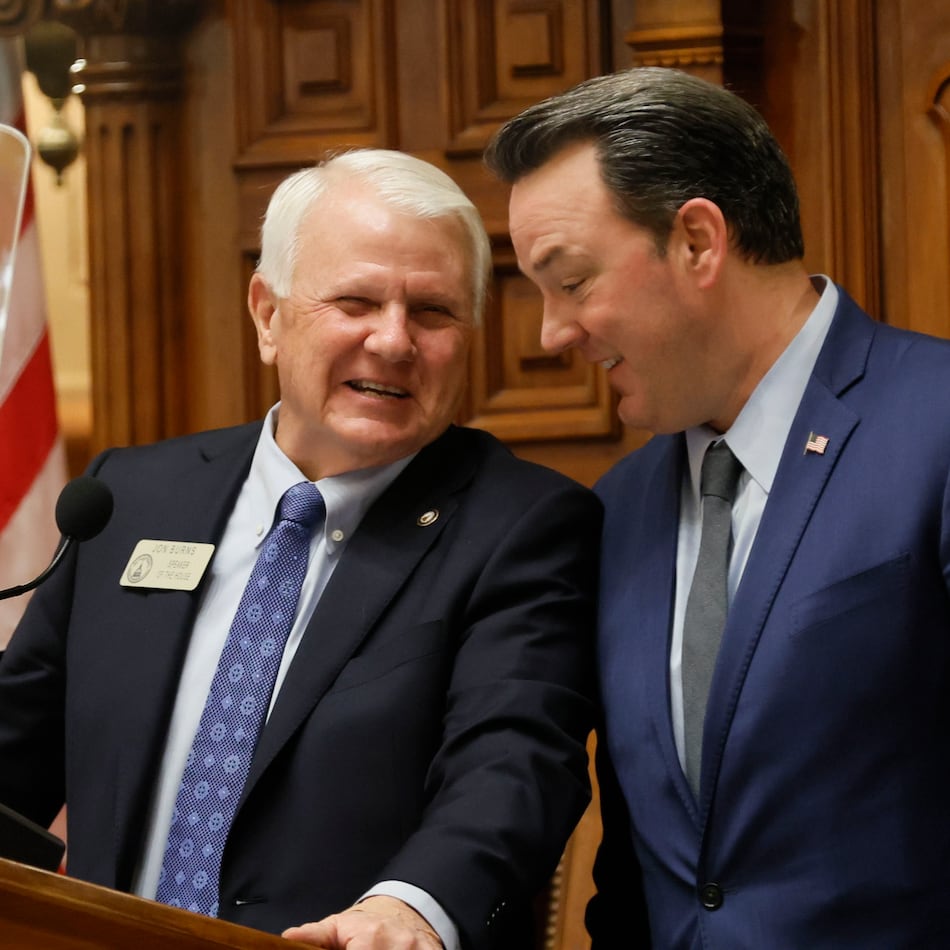Cobb County has proposed a tax penalty to remove blighted homes and businesses from the community.
Other jurisdictions, including the city of Atlanta, have adopted their own anti-blight programs, but struggle to enforce them against absentee landlords and shell companies that consider such penalties the cost of doing business.
Cobb’s proposal got its first of three public hearings at Tuesday night’s Board of Commissioners meeting.
Dana Johnson, head of Cobb’s Community Development department, promised a “very thorough” due process for property owners.
To be deemed “blight,” properties must meet at least two of the following criteria:
- Uninhabitable, unsafe or abandoned
- Insufficient ventilation, light, air or sanitation
- Imminent harm to life or other property
- Environmental contamination site
- Repeated illegal activity on property
- Maintenance below state or county codes
- Conducive to ill health, disease
Primary residences occupied by the property owner are exempt. Rental properties and businesses would fall under the program’s purview.
Unkempt properties would be subject to a multi-step inspection and complaint process, culminating in a court ruling, Johnson said.
Blighted properties would then be subject to a seven-fold increase in their ad valorem taxes.
If the property is brought into compliance, the property is then eligible for a reduction in its ad valorem tax by up to .5 mills, for no longer than four years.
Carol Brown of Canton Road Neighbors, a local advocacy group, urged the county to find a way to include non-profits, which are exempt from ad valorem taxes.
“I think this is a great tool to add to the toolkit that we have in Cobb County,” Brown said.
Commissioner Lisa Cupid addressed concerns that the blight tax would push out lower income property owners and pave the way for redevelopment.
“This is just to clean up our community,” she said.
The second public hearing will take place on July 25
About the Author
Keep Reading
The Latest
Featured



